Addiction workers call for more treatment and education ahead of painkiller crackdown
A TAC-style education campaign is needed to combat the state’s growing addiction to medicinal and illicit drugs and the associated deaths and crimes, according to those on the front line.
VIC News
Don't miss out on the headlines from VIC News. Followed categories will be added to My News.
A TAC-style education campaign is needed to combat the state’s growing addiction to medicinal and illicit drugs and the associated deaths and crimes according to those on the front line.
It comes as the mother of a Melbourne victim begged Premier Daniel Andrews to back a safe injecting site, saying it may have saved her daughter’s life.
“For every kid like Catherine who makes a stupid mistake, don’t let it be a fatal one,” urged Dr Kaye Cleave, who lost her daughter in 1998.
READ DR CLEAVE’S PLEA BELOW
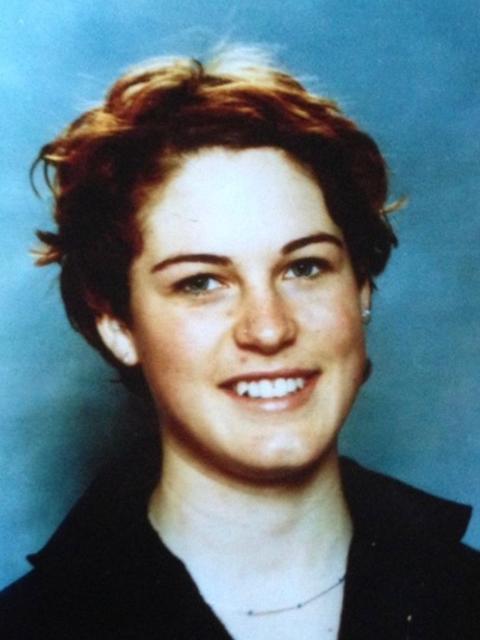
Calls for a move from our current “law and order” focused approach to combating drug abuse to greater funding for treatment and education comes ahead of the move to make codeine a restricted Schedule 8 drug from next March and to introduce real time monitoring of prescriptions.
Barwon Health’s harm reduction team’s senior clinician Craig Harvey said tightening access to painkillers would not magically “cure” the thousands of Australians already hooked on them but would make a shortage of addiction treatment places even more acute.
“The definition of addiction is the use of substances in the face of loss of everything else,” Mr Harvey told the Herald Sun.
“When people lose their livelihoods, their relationships; some people continue using regardless.”
Mr Harvey said this had occurred previously when a form of benzodiazepine — common tranquillisers and the second most deadly class of drugs after opioids — was rescheduled, and when OxyContin — a type of oxycodone — was reformulated to make it harder to break down and inject.
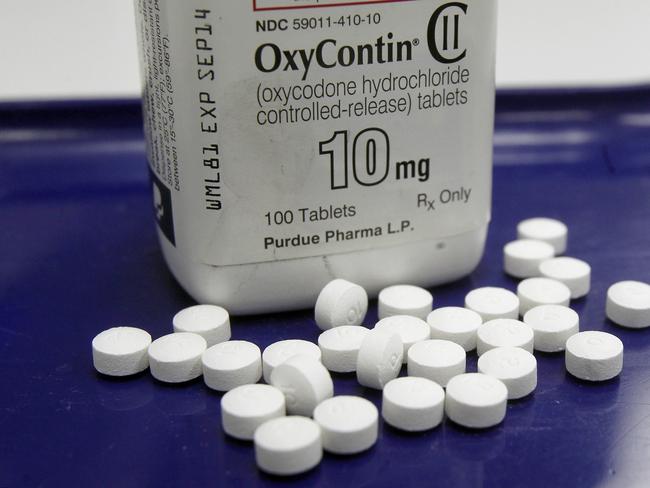
“It didn’t change people’s behaviours it just pushed people to use something different. We saw more people using heroin … or trying to source other opioids somewhere else,” he said.
Pain killers are the leading cause of accidental overdose deaths, almost doubling from 799 in the five years to 2005 to 1556 in the five years to 2015. Most of the victims are middle aged and older Australians.
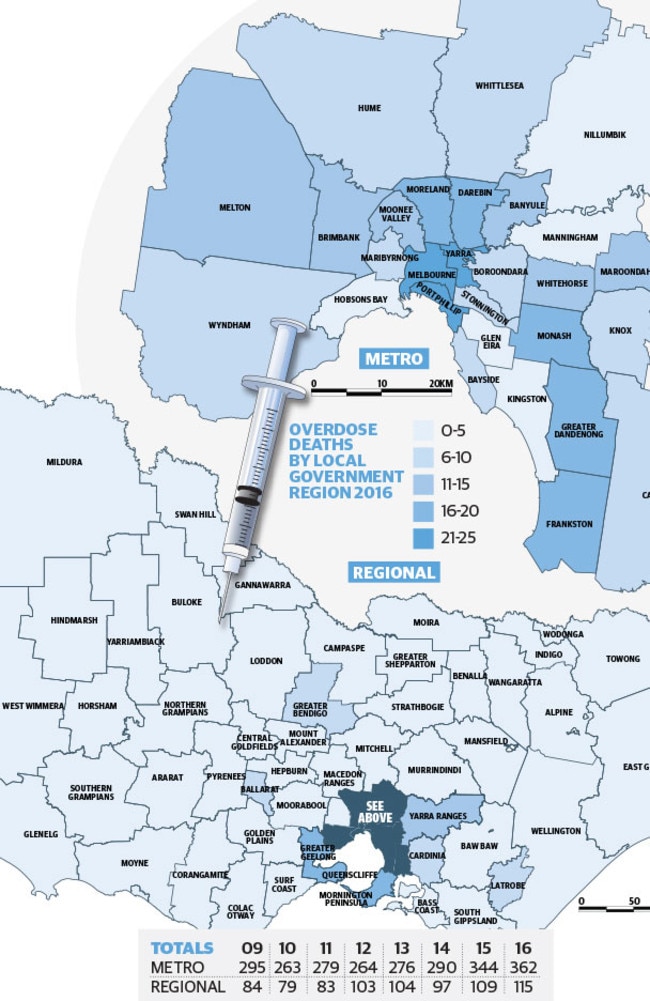
Mr Harvey said funding was needed to treat those who would soon either be cut off or referred for treatment for misusing painkillers.
He said only about $2 in every $100 spent addressing drug issues currently went to harm reduction, with two thirds spent on supply control, including border protection.
“If we don’t fund awareness around issues such as how to respond to an overdose with naloxone with the same weight that we fund road toll activities do we think we’re really going to see a great difference?”
Mr Harvey said drug awareness and prevention receives just a fraction of the tens of millions spent annually by the TAC on road safety campaigns yet accidental overdoses now claim more than twice the number of lives as car crashes.
PAINKILLER DANGER AS DRUG DEATHS GROW
EX-ADDICT: PRESCRIPTION DRUGS ‘AS BAD AS HEROIN’
Penington Institute CEO John Ryan said people seeking addiction treatment face many barriers, including daily $5-$10 dispensing fees for substitution therapy, which only encourage the use of street-based drugs, with increased crime and overdose risks.
“We need to provide effective and accessible treatment and find ways to encourage people to take these treatments by making them more affordable — not punish already desperate people,” he said.
Mr Ryan said doctors, pharmacists and other health workers must also be better trained in recognising the signs of addiction, making referrals and the provision of overdose prevention information, including the availability of opioid overdose reversal drug naloxone.
The Herald Sun successfully campaigned to make naloxone available on prescription but Mr Ryan says it should be routinely provided with prescriptions for strong pain medication where the risk of overdose is high, such as oxycodone, morphine and codeine.
He also called for a national education campaign about the dangers of opioid-based painkillers.
“We need to do more to educate people in the community that certain medicines in the cupboards can be highly addictive and can kill them,” he said. “These overdose deaths show us that the war on drugs approach is not working. The law and order approach is not working. People continue to die — and at alarming rates.
“We need to take a health approach to dealing with this crisis.”
The annual Penington Institute overdose report shows that in capital cities and regional areas alike, Australians are now far more likely to overdose on opioids including codeine and oxycodone than by sleeping tablets such as valium (benzodiazepines) or alcohol.
Regional Australian’s continue to overdose in record numbers and middle-aged Australian’s continue to be over-represented with almost eight in 10 accidental overdose deaths men and women aged 30-59.
Since the early 2000s the number of Australians aged 30 — 59 who overdosed has more than doubled from 540 in 2001 to 1,071 by 2015, the latest year for which national data is available.
“For every death there are many, many more people whose lives are out of control, who use legal and illicit on a daily basis, and who are going to extraordinary lengths to get their next fix,” Mr Ryan said.
“We need to encourage people in the community to speak up about drugs so that we can directly address the stigma and shame that holds the community back from taking more action.”
DEAR MR PREMIER: KAYE CLEAVE’S PLEA FOR INJECTION ROOM
DEAR Premier Andrews,
We’ve never met but we have more in common than being Labor supporters. Your wife is named, Catherine, and you married in Melbourne in 1998; my daughter, Catherine, died in Melbourne in 1998.
I could never have imagined losing my sweet girl to a drug overdose after she took a gap year. Sadly, I am one of thousands who mourn their loved ones on International Overdose Awareness Day.
I wish you had known my Catherine. She was smart and kind and had the most beautiful hands. She could juggle four clubs, ride a unicycle, and wrote powerful poems. She knew how to seize the moment, sometimes making her impatient. At 11, she stopped eating meat after learning about animal cruelty and she never drank Coke because of the sneaky politics.
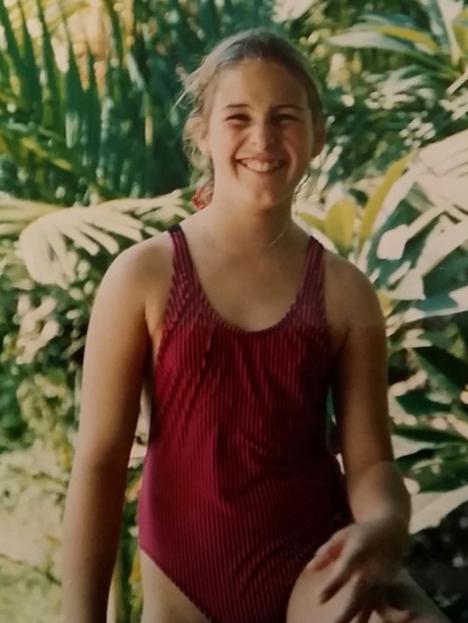
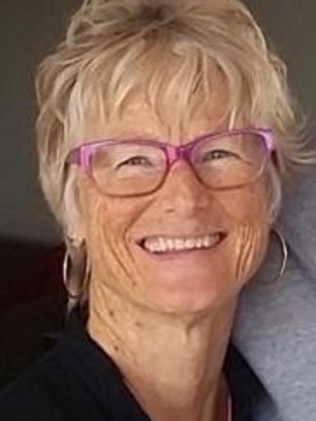
She was against any form of injustice and was known for championing the underdog. Once she refused to play with her gang at school until they included the new girl, shunned for wearing second-hand clothes. Another time she stood up to the class bully who called her friend “chocolate face”. I think you would have liked my daughter.
She was a skilled debater — she considered studying law but at 18, hadn’t made up her mind yet — and definitely wanted to be a mother but not before she was 30.
Daniel, I know you’re a man of principles. When you were health minister, you grappled with your conscience over the Abortion Law Reform Act. I’m asking you to show the same courage by trialling a supervised injection site.
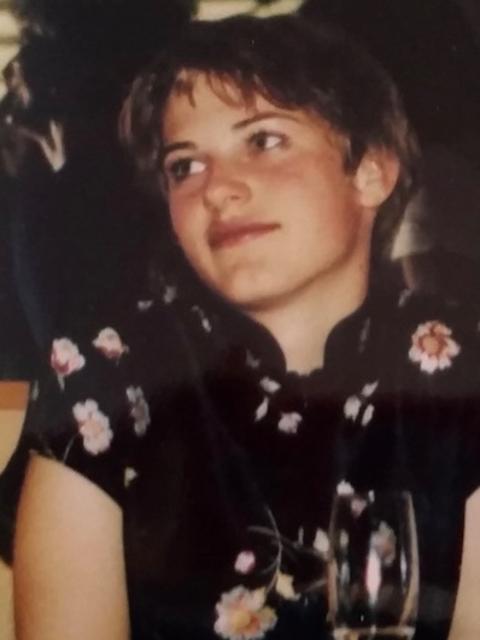
I understand your concerns — that it will send the wrong message, even endorse drug
taking — but evidence has proven otherwise. Of 88 injection sites around the world, none have shown an increase in drug use but all have reduced overdoses, the spread of HIV and hepatitis C, ambulance call-outs, and discarded needles in public places.
Daniel, I realise you made an election promise not to establish a supervised injection site. But I believe if there had been a site when my daughter was dabbling with drugs, she wouldn’t have needed to go to a secluded place; wouldn’t have become unconscious without a health professional present.
I beg you to reconsider. For every kid like Catherine who makes a stupid mistake, don’t let it be a fatal one.
Kaye Cleave, Adelaide
Dr Kaye Cleave is a writer and professional speaker and is currently seeking a publisher for her memoir Catherine Jean


